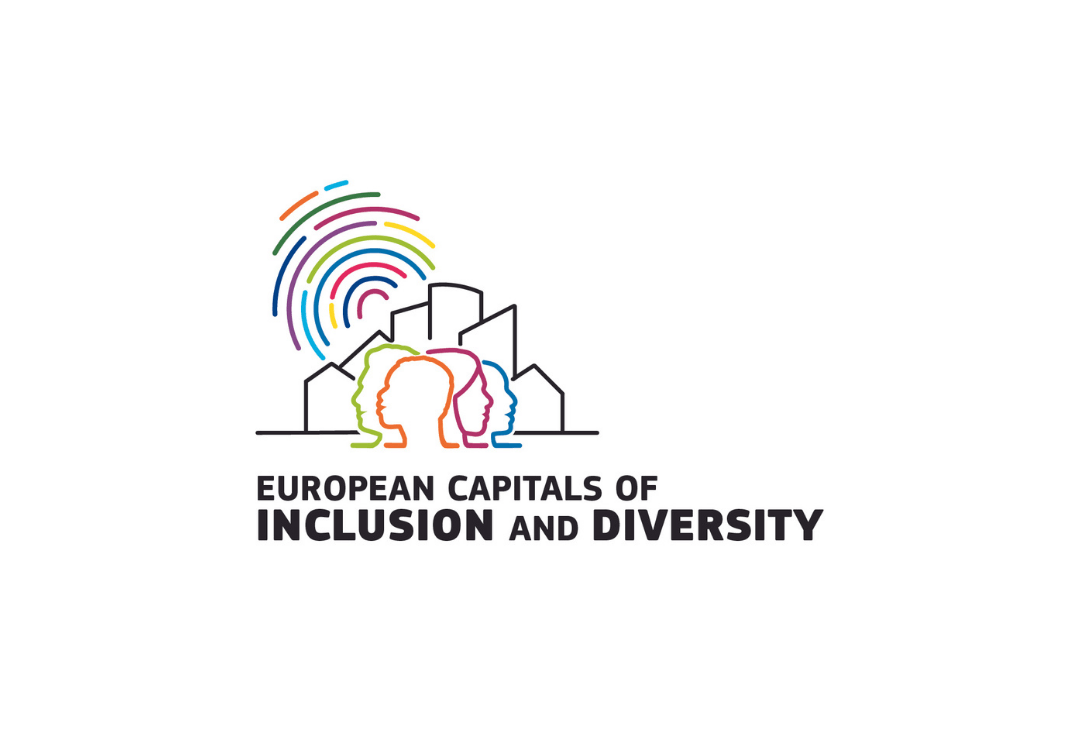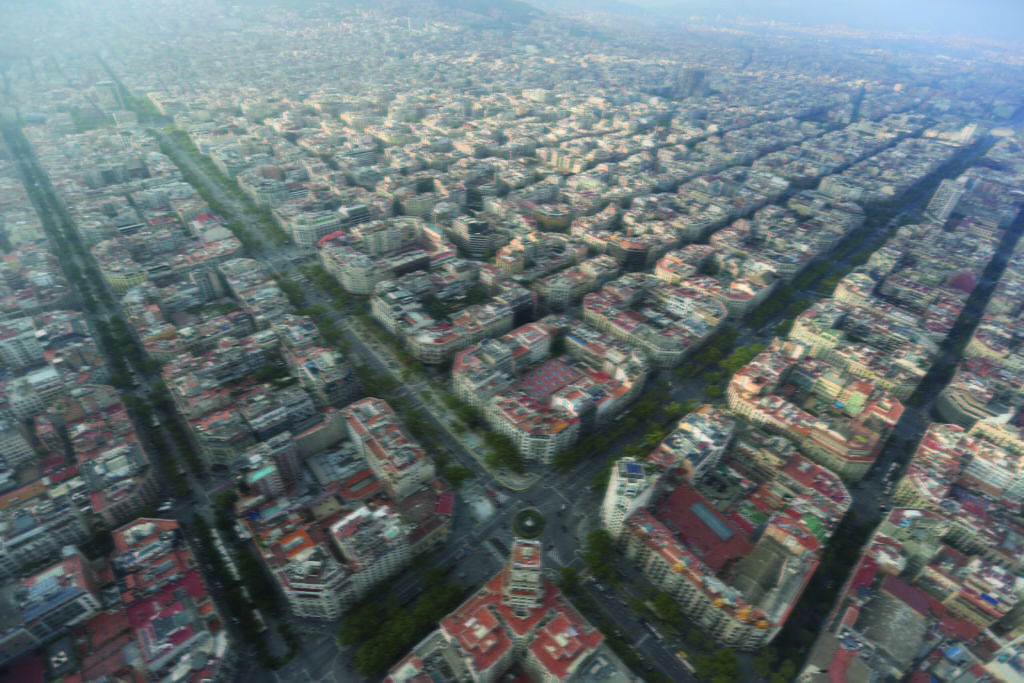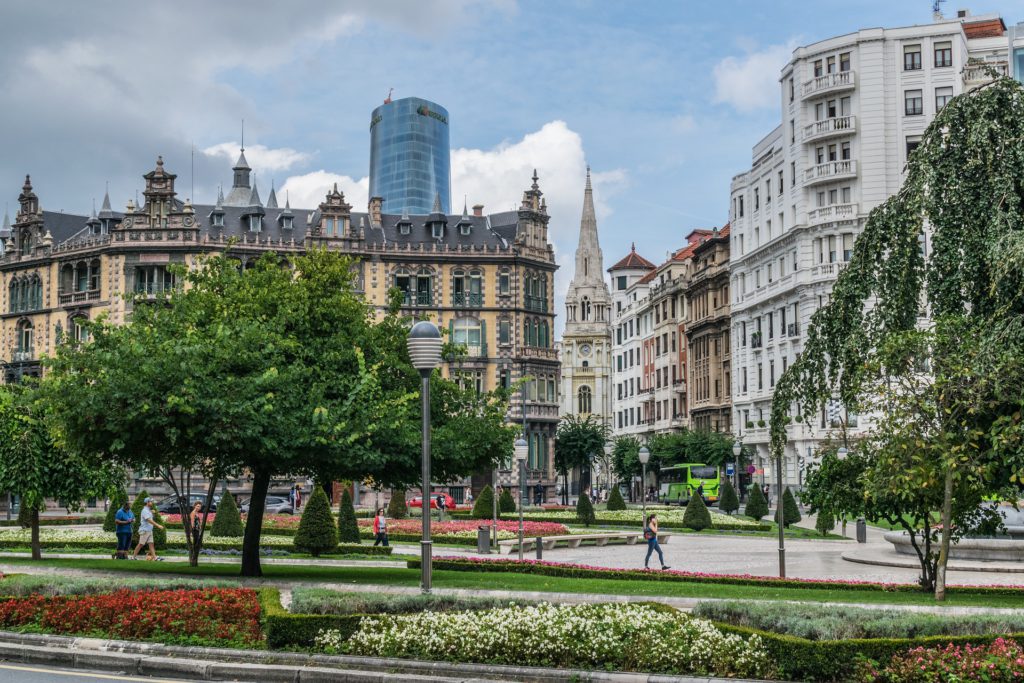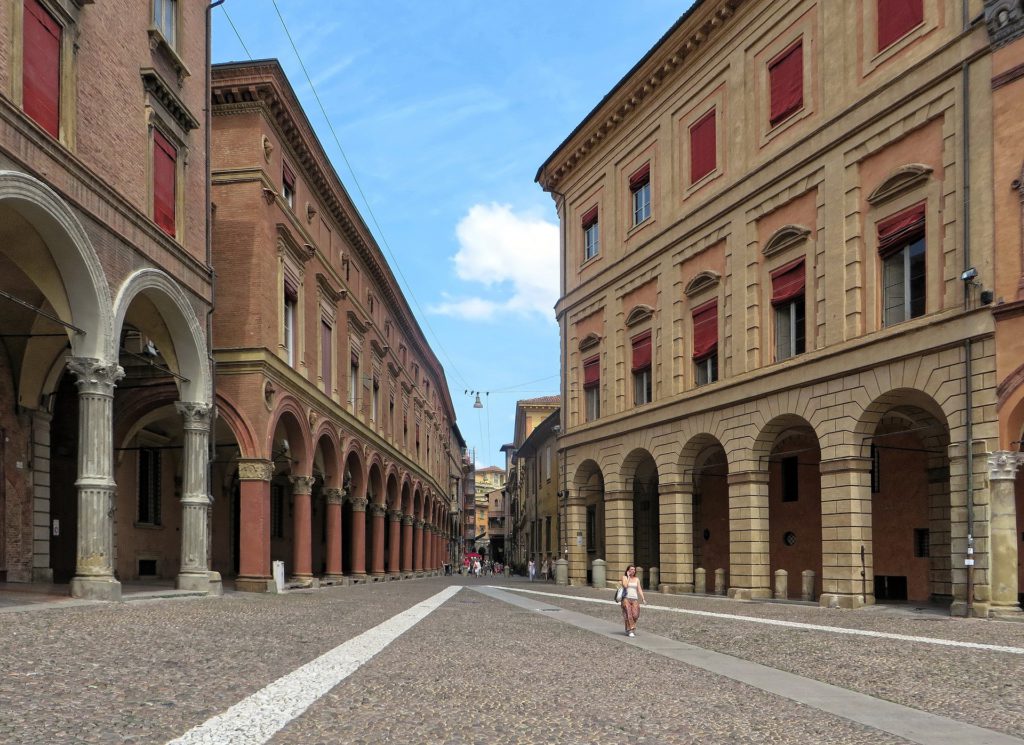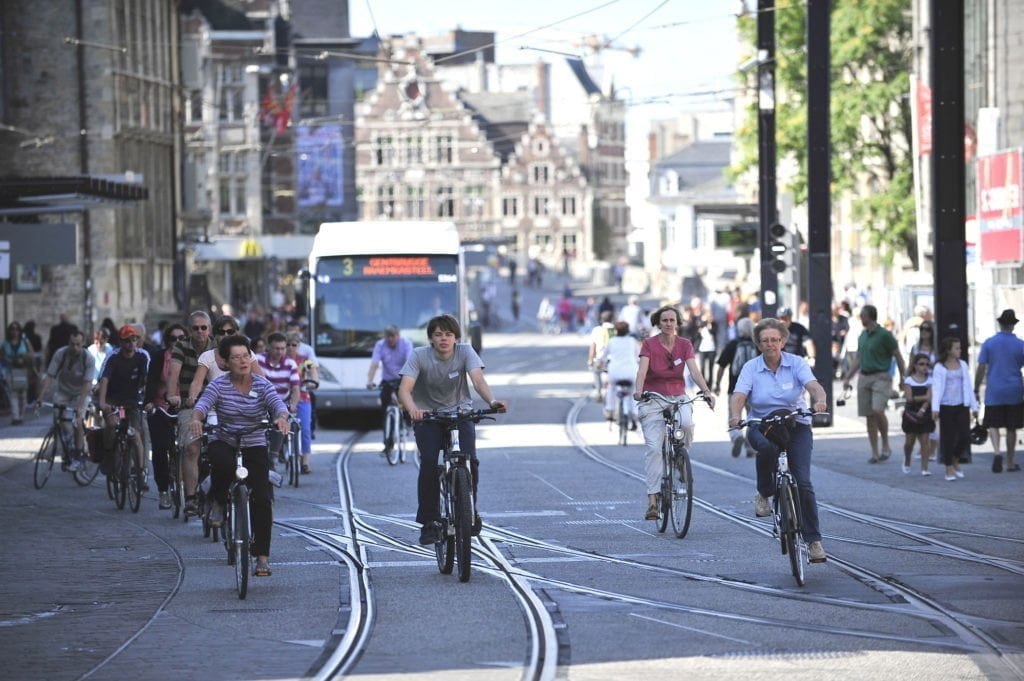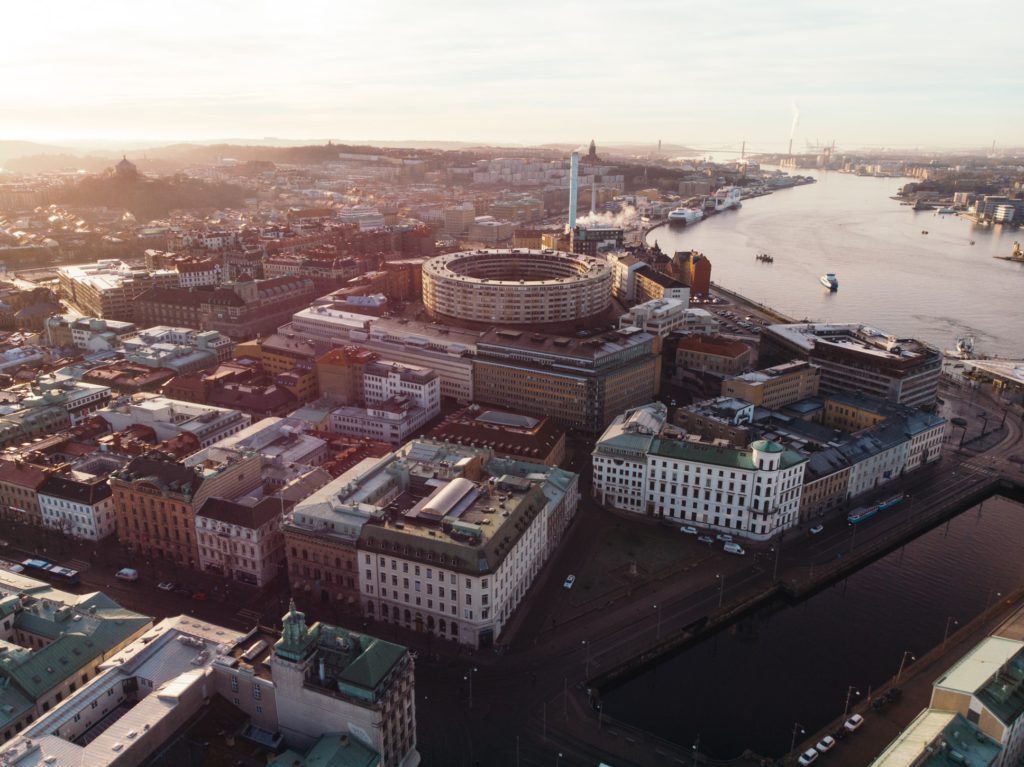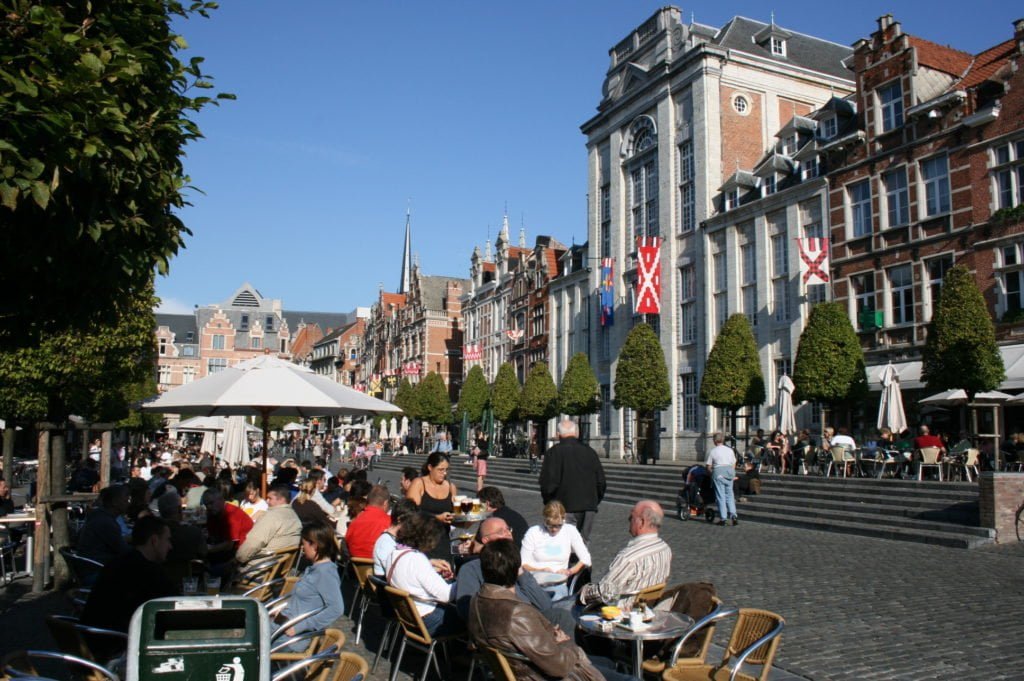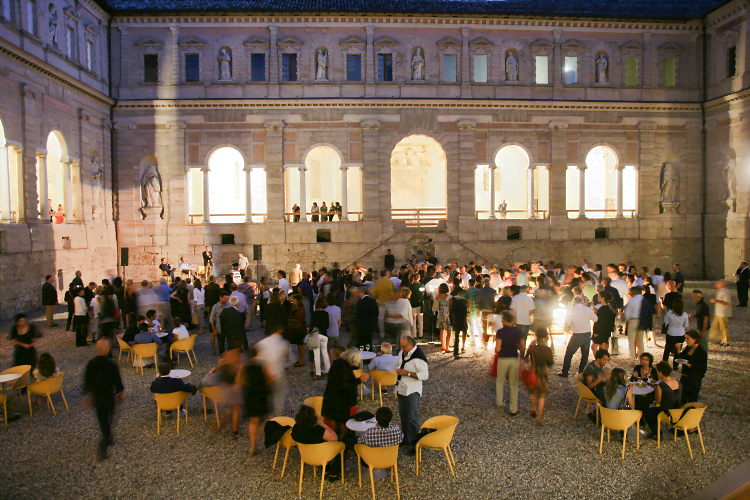POLIS members among finalists for the European Capitals of Inclusion and Diversity Award!
The first European Capitals of Inclusion and Diversity Award finalists have been announced - and POLIS members are earning accolades for their achievements!
The European Capitals of Inclusion and Diversity Award spotlights the cities, regions, and towns breaking down barriers and building a fairer society for everyone - regardless of age, racial origin, religion, sex, LGBTIQ identity, and disability.
These local authorities have excelled themselves in their pursuit of a more equal and inclusive Europe. We are delighted to see a range of POLIS members (both big and small) amongst the finalists. Past and current POLIS Presidents Gothenburg (SE) and Leuven (BE) are featured, with Reggio Emilia (IT), Bilbao (ES), and Barcelona (ES) also coming up trumps.
There are three categories of prizes:
- Local authorities above 50,000 inhabitants.
- Local authorities below 50,000 inhabitants.
- Local authorities fostering Roma inclusion.
Inclusion and diversity are at the heart of our work and our members. Urban mobility has to change substantively to become cleaner and more resilient. But for this change to be socially and politically viable, we must ensure a just transition and make urban mobility more affordable, safe, and inclusive.
From making active travel more accessible to older age groups to fostering gender diversity in the workforce, touching upon making public transport more secure and supporting gig-workers safety, POLIS members are ahead of the game when it comes to ensuring urban mobility is inclusive, accessible, affordable and sustainable.
Here is why our members have been shortlisted:
Barcelona has a range of policies and strategies for placing diversity front and centre. 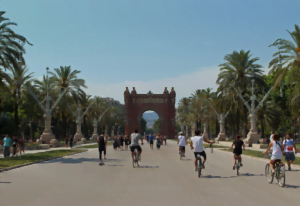 These include the Plan for Gender Justice and the Interculturality Plan. Its specific policies cover an LGTBI Centre, Protocol for LGTBIphobia, real estate racism project, anti-rumour network, and accessibility.
These include the Plan for Gender Justice and the Interculturality Plan. Its specific policies cover an LGTBI Centre, Protocol for LGTBIphobia, real estate racism project, anti-rumour network, and accessibility.
These actions are supported by a mobility policy that places citizens first. Barcelona has led the way in redesigning the City around local neighbourhoods, and has become a world leader in accessible and inclusive urban design.
Bilbao has succeeded in its urban transformation process and is now focused on becoming a city of values, inclusivity, diversity, equality, and social justice, where every individual can progress. 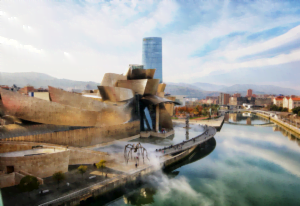 All political parties in the Council have signed Pacts for Safety, Mobility, Neighbourhoods, and, more recently, the COVID-19 Recovery Plan.
All political parties in the Council have signed Pacts for Safety, Mobility, Neighbourhoods, and, more recently, the COVID-19 Recovery Plan.
The City Council is committed to incorporating inclusion and diversity in all its policies and departments. One way is the Pact for Social Policies, which aims to improve the quality of life of all citizens and ensure social cohesion and the right to dignity, irrespective of a person's circumstances.
The Italian city has a long history of diversity, with its university attracting students from across Europe since the Middle Ages. 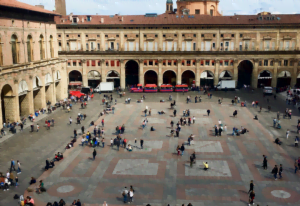 A Municipality Charter is in place and focuses on preventing and removing discrimination based on sex, race, ethnicity, nationality, religion, political opinion, age, sexual orientation, gender identity, and psycho-physical condition. Following a process involving fourteen LGBTIQ organisations, a Co-operation Pact was notably introduced in 2017.
A Municipality Charter is in place and focuses on preventing and removing discrimination based on sex, race, ethnicity, nationality, religion, political opinion, age, sexual orientation, gender identity, and psycho-physical condition. Following a process involving fourteen LGBTIQ organisations, a Co-operation Pact was notably introduced in 2017.
Since 2012, the City has also approved a yearly Positive Action Plan with diversity management actions. It follows a Code of Conduct and publishes an annual Gender Balance report.
Ghent hosts more than 160 nationalities, where 35.5% of residents and 50% of children under nine years have a migration background. 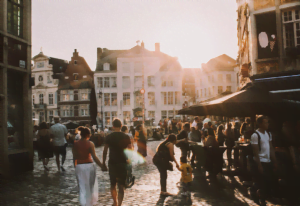 39 000 also live with a disability, while 2% of the population identify themselves as gender ambivalent.
39 000 also live with a disability, while 2% of the population identify themselves as gender ambivalent.
The City's action plans are embedded in an integrated multi-annual framework, with accessibility and anti-discrimination as crucial components. Ghent implements solution-oriented strategies that incorporate various grounds of discrimination, including origin, language, gender (identity), disability, and sexual orientation.
Gipuzkoa
This Spanish Provincial Council is committed to a collaborative governance model ''Etorkizuna Eraikiz/Building the Future''. To address the discrimination and unequal access to rights disproportionately affecting people born abroad, its vision is to make Gipuzkoa one of the regions in Europe with less inequality between its inhabitants. 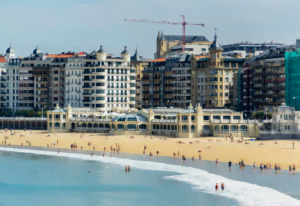
This work adds to its commitment to making public transit as inclusive as possible, an ambitious model creating an equitable and affordable mobility model- which considers age, employment, and disability across pricing and service delivery. Their MUGI-SYSTEM- a new transport card- will be fully digital later this year and provides affordable ticketing for the vulnerable, which rewards constant public transport use. "We need to ensure accessibility and ease of use for all, irrespective of age, income, or location in the city," said Rafaela Romero, Provincial Deputy in charge of Mobility in Gipuzkoa- at a recent POLIS' working group meeting.
The previous POLIS president is featured in several award categories. The City has made a long-term commitment to diversity and inclusion, taking a planned and systematic approach informed by evaluation, monitoring, and learning systems. 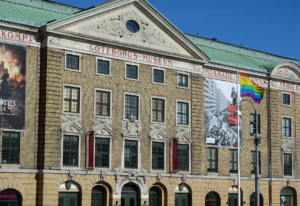
Its City Council is supported in the governance of the city by specialized councils for prioritized social groups exposed to discrimination, and its commitment to the Roma community has won it this accolade. The City of Gothenburg works closely with the Council for the National Minority Roma. The Romano Centre in the West was opened in 2015 as an information and citizens' office for the Roma minority. The Centre works to prevent school dropouts and to motivate young Roma people to complete studies and received an equality award from the City in 2021.
With more than 170 nationalities, Leuven was voted ''Best Open-Minded Destination in Europe'' in 2022. There is a visible LGTBQIA+ community and Women's Empowerment Council committed to equal rights over recent decades. 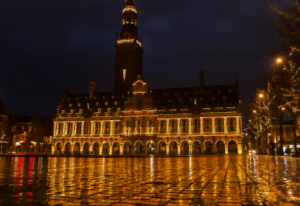 The Rainbow Policy Plan uses all areas of life to prevent exclusion and work on greater gender awareness in services. Moreover, the City encourages schools to create an LGBTQIA+ inclusive learning environment and is joining the Femcities network in 2022.
The Rainbow Policy Plan uses all areas of life to prevent exclusion and work on greater gender awareness in services. Moreover, the City encourages schools to create an LGBTQIA+ inclusive learning environment and is joining the Femcities network in 2022.
Leuven has also been nominated in the Roma Inclusion category for its caravan operation, which focuses on the sustainable development and social integration of the 130 residents, mainly Roma, at the site.
Reggio Emilia is the first Italian City to have acknowledged the ''Diversity Advantage'', and successfully achieved it through intercultural policies translated into different programmes such as ''DITUTTI'' (belonging to all) and ''Città senza barriere'' (City without barriers), the LGBTIQ community support programme and the gender equality programme, respectively.
This city has the highest percentage of Sinti and Roma households at the regional level (49.4%). A special team focuses on Roma and Sinti communities' scholastic and social inclusion paths. Efforts include promoting awareness of Porrajmos, the holocaust of Sinti and Roma, and being a partner in the European PAL Project – Combating discrimination and Roma-phobia. It won the ''Dosta'' award from the Council of Europe for innovative integration practices for Sinti and Roma.
Read more about the European Capitals of Inclusion and Diversity Award and its finalists here.
